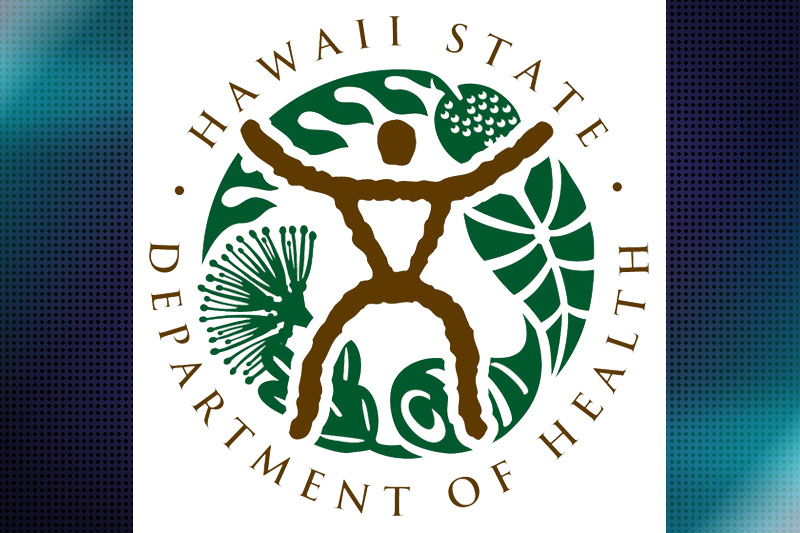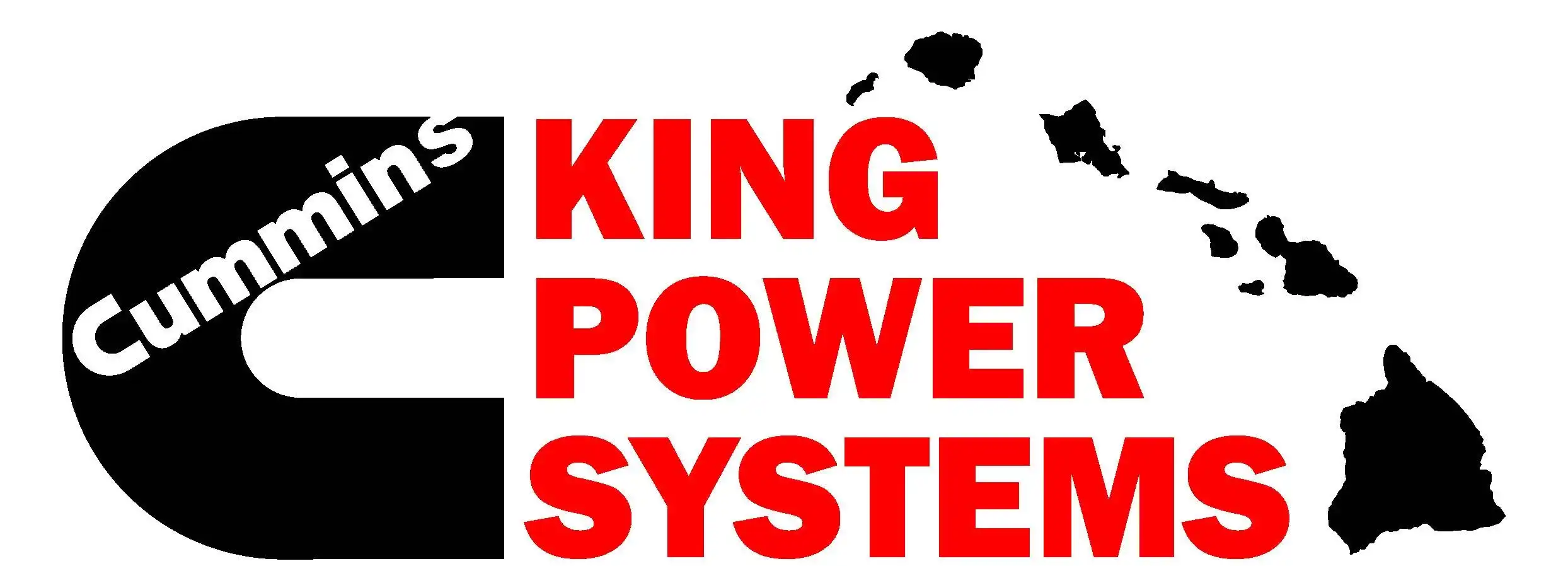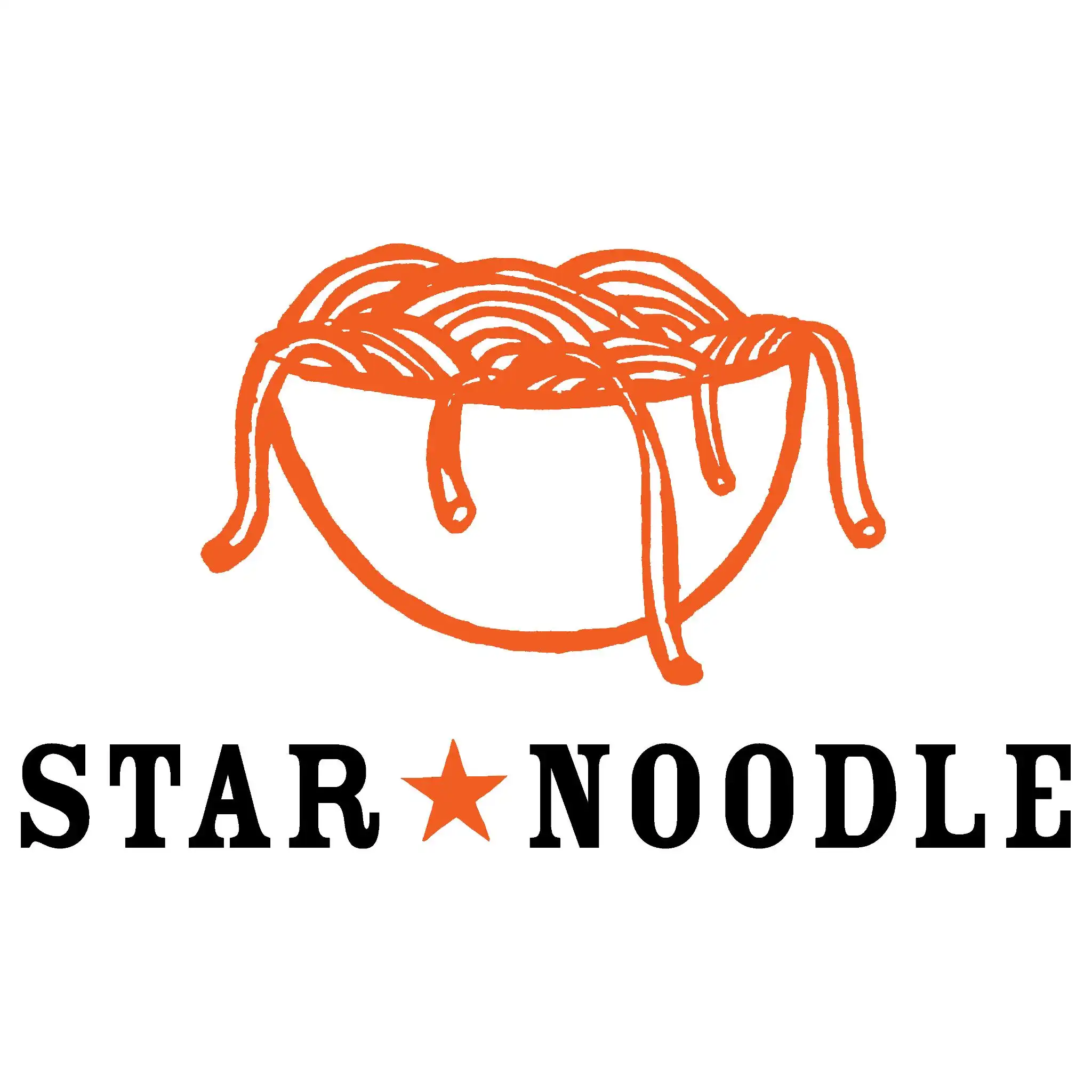$8.4M Federal Grant to Tackle Substance Abuse in Hawaiʻi

Hawaiʻi Department of Health logo.
The Alcohol and Substance Abuse Division of the Hawai‘i State Department of Health has received an $8.4 Million federal grant to launch a large-scale, integrated substance abuse treatment program involving a number of community partners.
The program funds will be aimed at reversing what state officials are calling “alarming trends” in alcohol and substance abuse among adults, particularly Native Hawaiians and Pacific Islanders.
The announcement of the Screening, Brief Intervention, Referral and Treatment grant award from the Substance Abuse and Mental Health Services Administration coincides with National Recovery Month in September.
“This is great news for Hawai‘i because we need to stem the tide,” said Edward Mersereau, chief of the Alcohol and Substance Abuse Division. “The federal funds will augment state funding to expand Hawai‘i’s capacity to address the needs of individuals at risk for and those who are living with substance abuse and co-existing disorders.”
Hawaiʻi Statistics:
According to statistics from the US Centers for Disease Control and Prevention , Hawai‘i ranks among the highest in the nation for excessive drinking rates. In 2015, Hawai‘i’s rate increased to 21% of residents engaged in excessive drinking, while the national average declined to 17%.
The CDC data also showed there was a steady increase in the percentage of women in Hawai‘i who drink alcohol during their last three months of pregnancy, climbing from 4.3% to 7.9% from 2000 to 2015.
According to the 2013 National Survey on Drug Use and Health, among individuals who are 12 years and older, 11.3% of Native Hawaiians or Pacific Islanders abuse or are dependent upon substances.
Service Gaps Increase Healthcare Costs:
In Hawai‘i, there are gaps in service that make access to quality healthcare challenging for residents in geographically remote locations. State officials say this is often exacerbated by provider shortages and and disconnected systems of care. This results in a small number of the state’s population consuming a proportionately higher percent of Hawaii’s healthcare resources, according to health officials.
“It will take collaboration with various partners to usher in positive change. The grant will greatly enhance the coordination between primary care and substance abuse treatment providers across the spectrum of care, and begin to tear down the historical silos between these provider communities,” Mersereau said. “These partnerships will create a stronger, more effective, and sustainable continuum of care. We have to reinvent the current system to have a more integrated, prevention-oriented approach.”
The grant will cover a five-year period and involve screenings, brief interventions, and referrals to specialty treatment services in primary care clinics. The plan is to initiate the project at a small number of Hawai‘i’s 14 federally qualified health centers which would be selected based on the diverse ethnic populations they serve and the high need for substance abuse treatment in their geographical area. The project also intends to expand to a minimum of 25 smaller primary care providers during the course of the grant. The goal is to partner with various health plans and providers in order to increase the capacity of in primary care settings.
“We believe we are on the right path toward improving overall health outcomes and reduce healthcare costs in communities across our state and we will continue to work toward identifying systemic, policy changes that increase access to treatment in primary care and behavioral health specialist settings,” Mersereau said.










